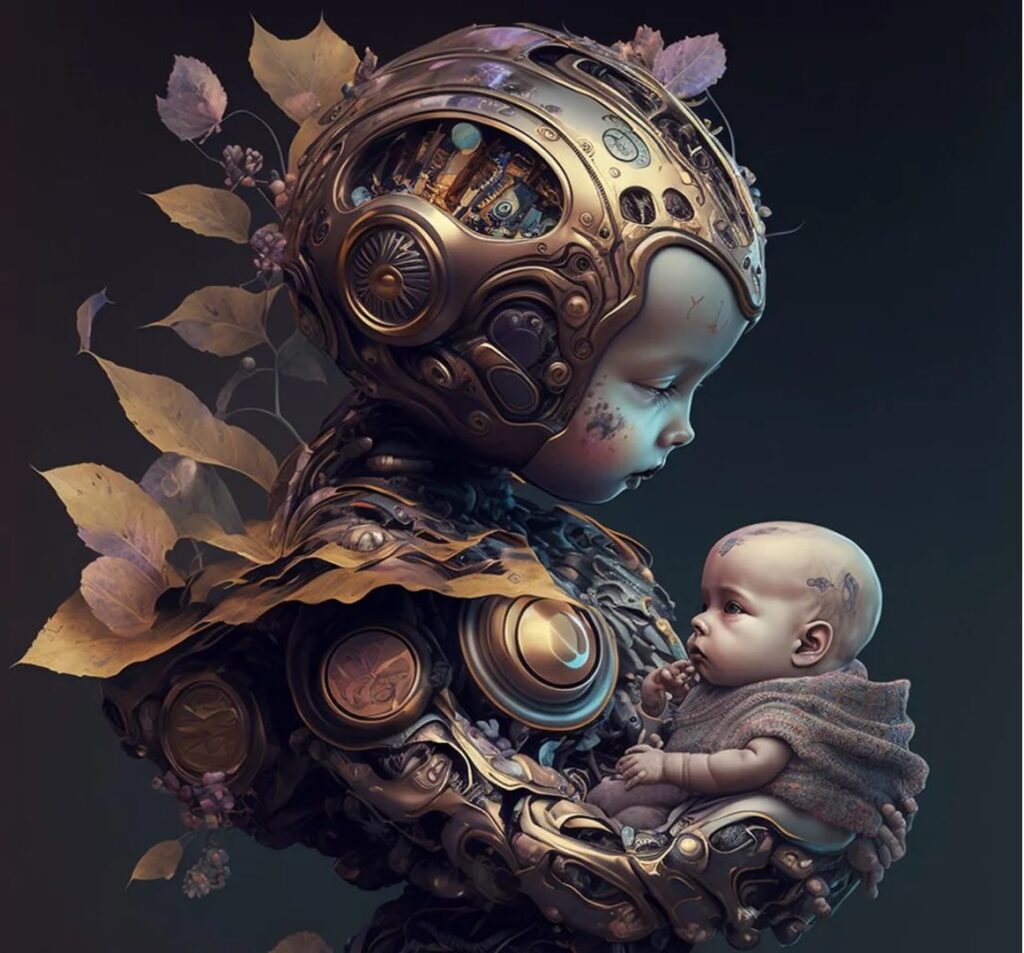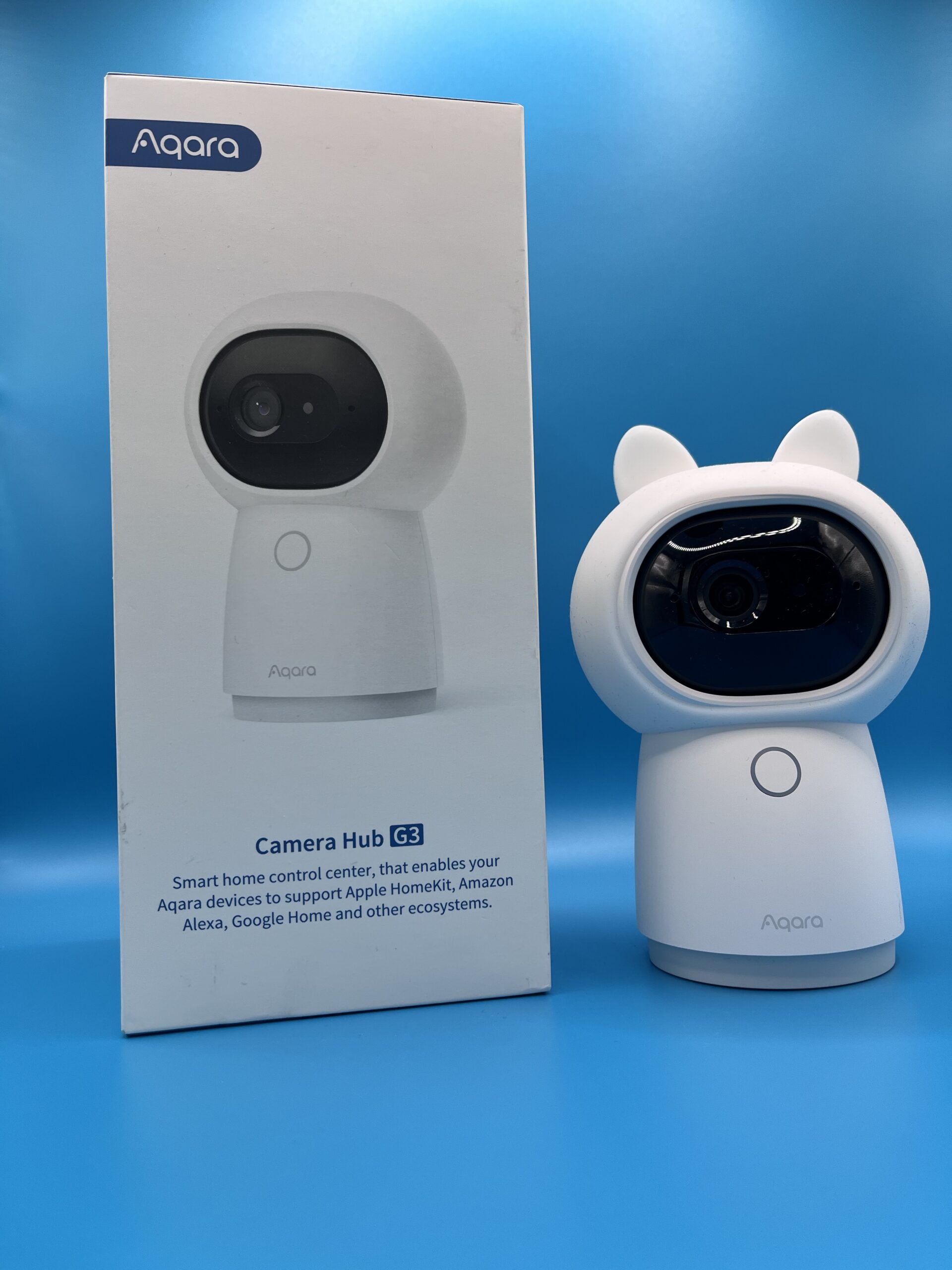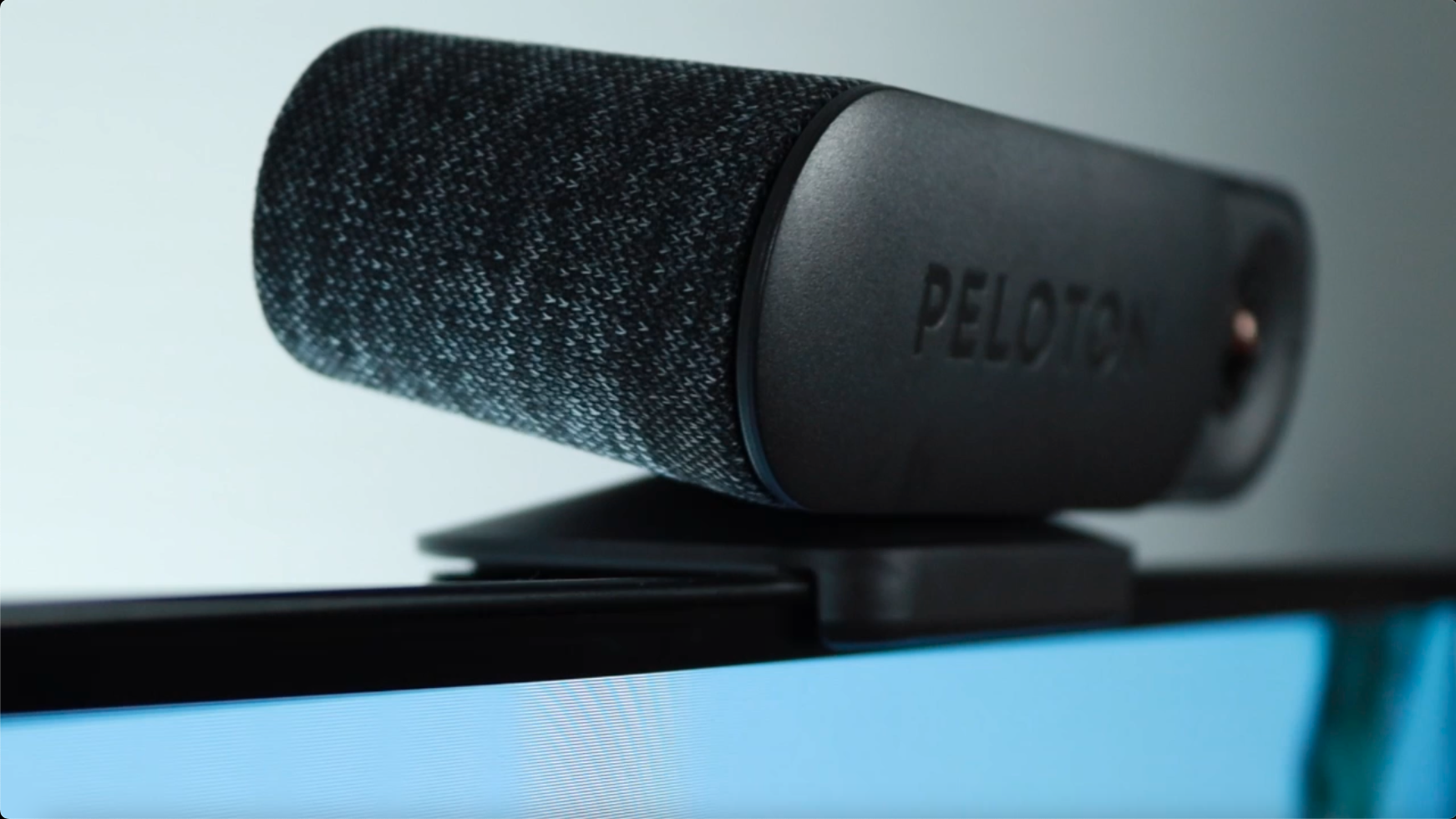Artificial Intelligence (AI) has been a topic of conversation since the 1950s. In modern times, AI is rapidly changing the way we work, the way we think, and how we go about our everyday lives. We have seen advancements in language processing software, speech recognition tools, and autonomous vehicles like Tesla. But, as Uncle Ben from Spiderman said, “with great power comes great responsibility” and we must remember that technological advancements pose concerns about how our lives will change in the future.
Many of us are immediately drawn to robots and advanced machinery when we hear the term AI, but it can be sometimes easy to forget how much AI is involved in our day to day lives already. Have you ever spoken to a voice assistant like Siri or Alexa to control smart devices for example? That’s AI. That virtual assistant you ‘spoke’ to on a website before being put through to a real person- that indeed is AI powered integration right there. Of course, any of us who have used these types of AI assisted technologies will admit that they don’t work flawlessly. However, the way they’ve begun to simplify our lives is undoubted, and they are only getting better with time as AI becomes more advanced, and more capable.
In recent news, we’ve also seen the introduction of AI that can generate everything from text, audio and images at lightning-fast speed. One example I’ve been able to sample recently is ChatGPT- an advanced AI language model that has recently been made available for the public to use. This revolutionary software can do everything from answering complex questions, retrieve information and writing complex code- to more menial tasks like telling a story or a joke. I’ve spent some time using it, and every time I interact with it, I’m in awe at just what it’s capable of. I genuinely think software like this will change the way we do so many things in our lives.
Midjourney is another fantastic tool that has grown popular with artists, graphics designers and the like. It’s ability to create images based on what are called ‘prompts’ (sentences that
when inputted are turned into images relevant to what has been written) is truly fascinating at times. Even Architects have begun to utilise tools like Midjourney to create visualisations of structures, and they can be tweaked through variations of the prompts that are inputted to the software. Some of the pictures created are fascinating, like the one below. In less than 60 seconds I have a picture that could quite easily have taken me days to work on, think about and complete. I think the possibilities are endless with this software and can truly connect art and technology in a way we’ve not seen before.
‘The Birth of AI’ as shown through Midjourney’s AI image generation software

The benefits of the recent advancement in AI technology stems far further than just customer service and virtual assistant tools though. AI is being used to analyse future trends in finance, predicting security threats in the cyber sector and even predicting natural disasters before they happen. I have friends in the NHS who have praised AI for its recent ability to diagnose and determine treatment plans for stroke patients for example. The speed at which it can do this is rapidly improving patient’s chances of recovery, in an already
time critical situation. To me, this is truly revolutionary- and the improvements to the results these AI systems produce will only get better with time.
However, I think it’s important to approach this excitement with caution. As I’ve touched on previously, the recently rapid advancement of AI raises concern with many people who have begun to understand the capabilities of AI. We’ve already started to see AI being used in the wrong way, an example being the recent Deepfake AI news many of us have seen, whereby AI software can create convincing audio and video clips to create hoaxes. This is an incredibly worrying and dangerous type of AI development. We’ve long been able to alter video and audio clips, but the technology in recent times has become so advanced that sometimes it’s hard to know what’s real and what isn’t. My concern is this being used to spread misinformation, to manipulate the truth and create damaging hoaxes concerning people and important events. It’s just one of the many possibilities of how AI can be misused if in the wrong hands, and I’d like to see steps taken to tackle this worrisome issue.
From an employment standpoint, we also could be facing a situation where many jobs that are currently performed by humans, could become AI operated. As AI becomes more advanced and capable, the prospect of widespread job losses becomes increasingly believable. This is an issue that must be taken into consideration, as we have already seen in areas such as the manufacturing industry. Skilled manual workers who previously worked on the assembly of motor vehicles have been replaced by advanced Robots that can replicate the assembly of parts with immense precision and efficiency. Ultimately, jobs will be created, and jobs will be lost as a direct result of the rapid evolution of artificial intelligence- and I feel in some ways we will need to simply learn to adapt as AI continues to evolve.
Additionally, in certain employment sectors like the legal front, we have already begun to see the possibility of a threat to jobs, most notably with junior lawyers that provide much of the document analysis and research for cases. Much of their hard work trawling through mass amounts of data, documents and general legal research could become the job of AI software like ChatGPT. Below I’ve shown an example of how in a few seconds, I can get legal advice that precisely answers a question I’ve raised on data protection.


ChatGPT’s ability to provide legal framework advice is impressive when correct https://chat.openai.com/
From my perspective, I do believe that AI language models are unlikely to completely replace the work of lawyers and similar professional roles due to their current limitations. Some answers put to the test sounded right but were false when researched. Similarly, whilst I language models like ChatGPT can provide legal advice, it is limited and can only provide answers based on the legal framework of 2021 and prior., The creators of ChatGPT have spoken out and acknowledged this, quoting that ‘it would be dangerous to rely on this for anything important as of now’.
I think we are in a position though whereby more repetitive, routine-based jobs could certainly be displaced in the years to come. It’s quite possible that more and more companies may look to involve AI to perform tasks that follow this format, especially as AI can become self-optimised over time as it continually repeats the process it’s been tasked to do. We’ve seen this happen already with companies like Amazon. The e-commerce giant now has thousands of Robots assisting in tasks such as picking and packing. We’ve even begun to see the introduction of Drones delivering orders- and with Amazon planning heavy investment in automated machinery, other companies will certainly follow this idea if it leads to reduced cost, and gains to service and efficiency.
Overall, I think that Artificial intelligence has huge potential to benefit our lives, but only if AI is used to complement and enhance the capabilities Humans already possess, and not completely replace them or are used to cause harm. To do this, there needs to be a focus on educating and training people in employment sectors that are beginning (or plan) to use AI systems, so that workers and AI can work in tandem with each other. Every AI’s capability is only possible because of Humans- they will always require development, maintenance and a human presence to manage the operation of them. We are the creators of artificial intelligence and is it us that will ultimately be responsible for how it will change our lives. There is so much good that AI is already doing, and provided we ensure that it continues to operate in a way that is both ethical and safe- I think we have the makings of a bright future.







